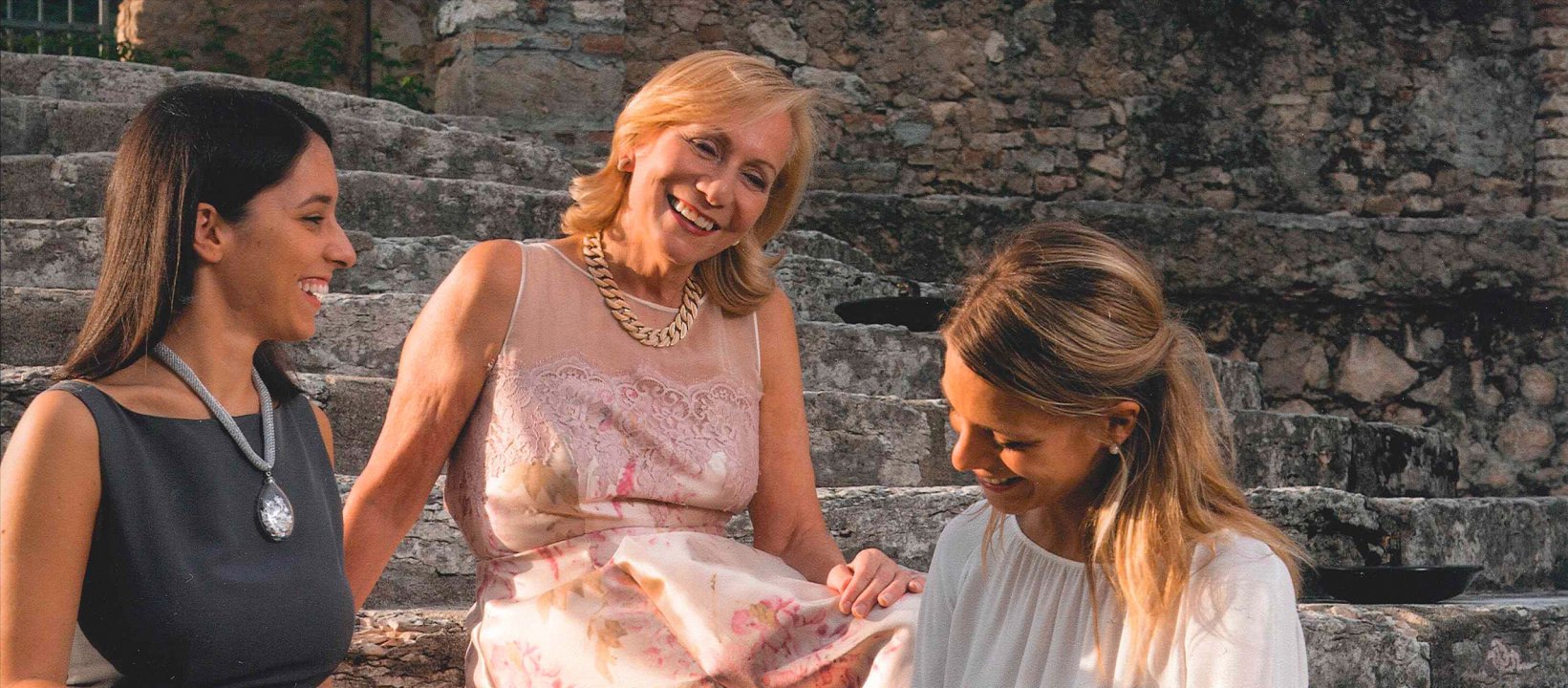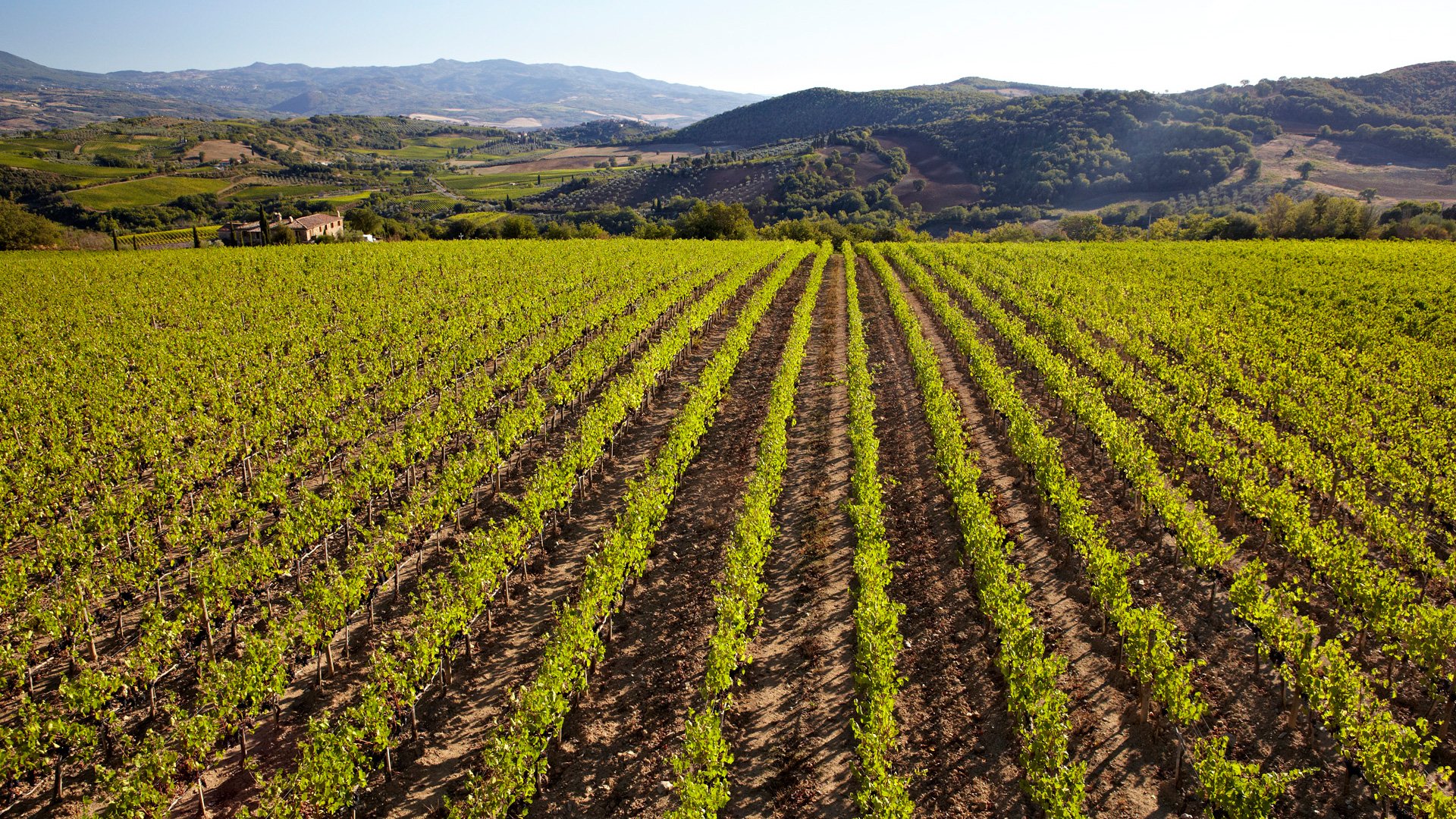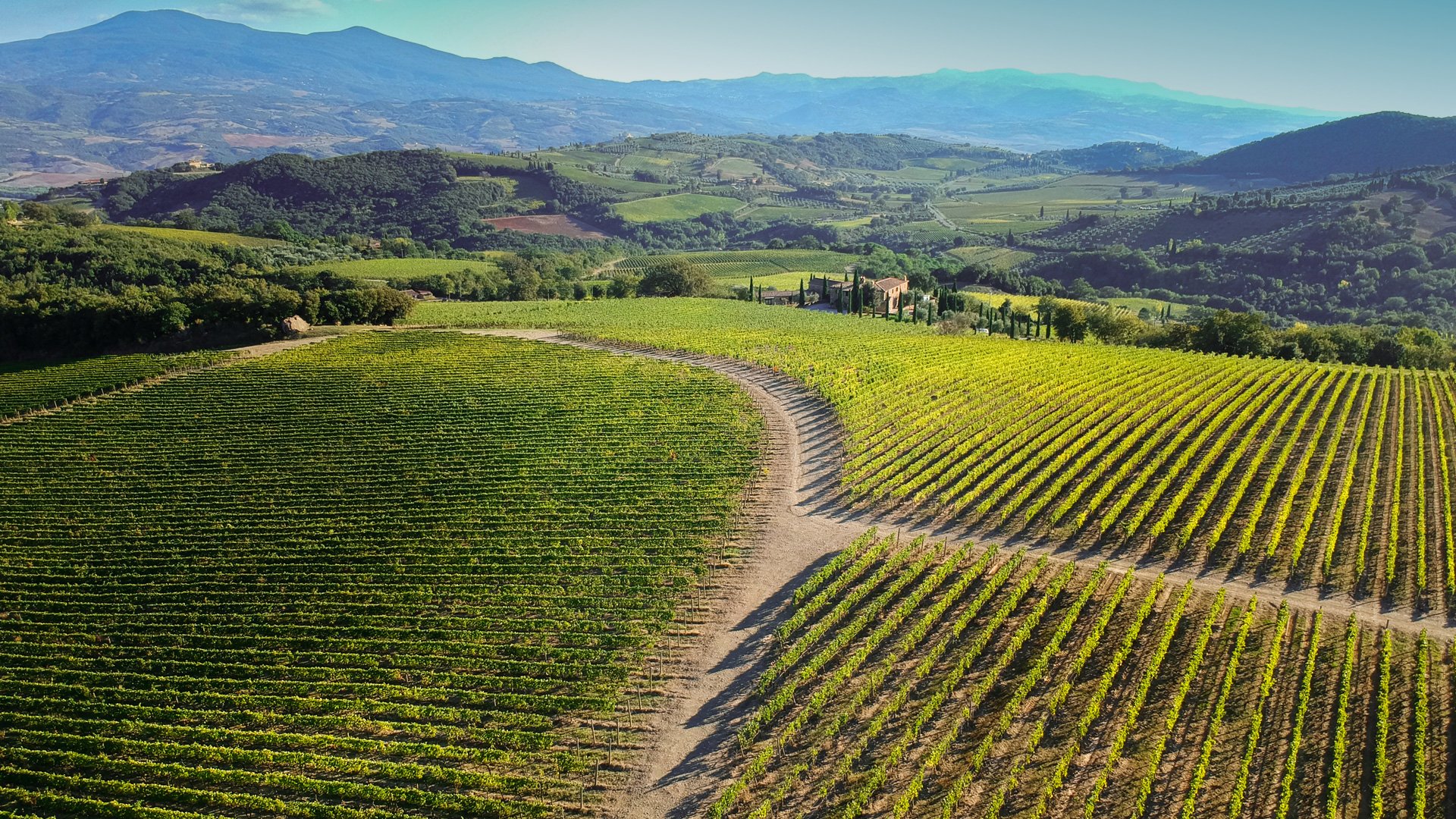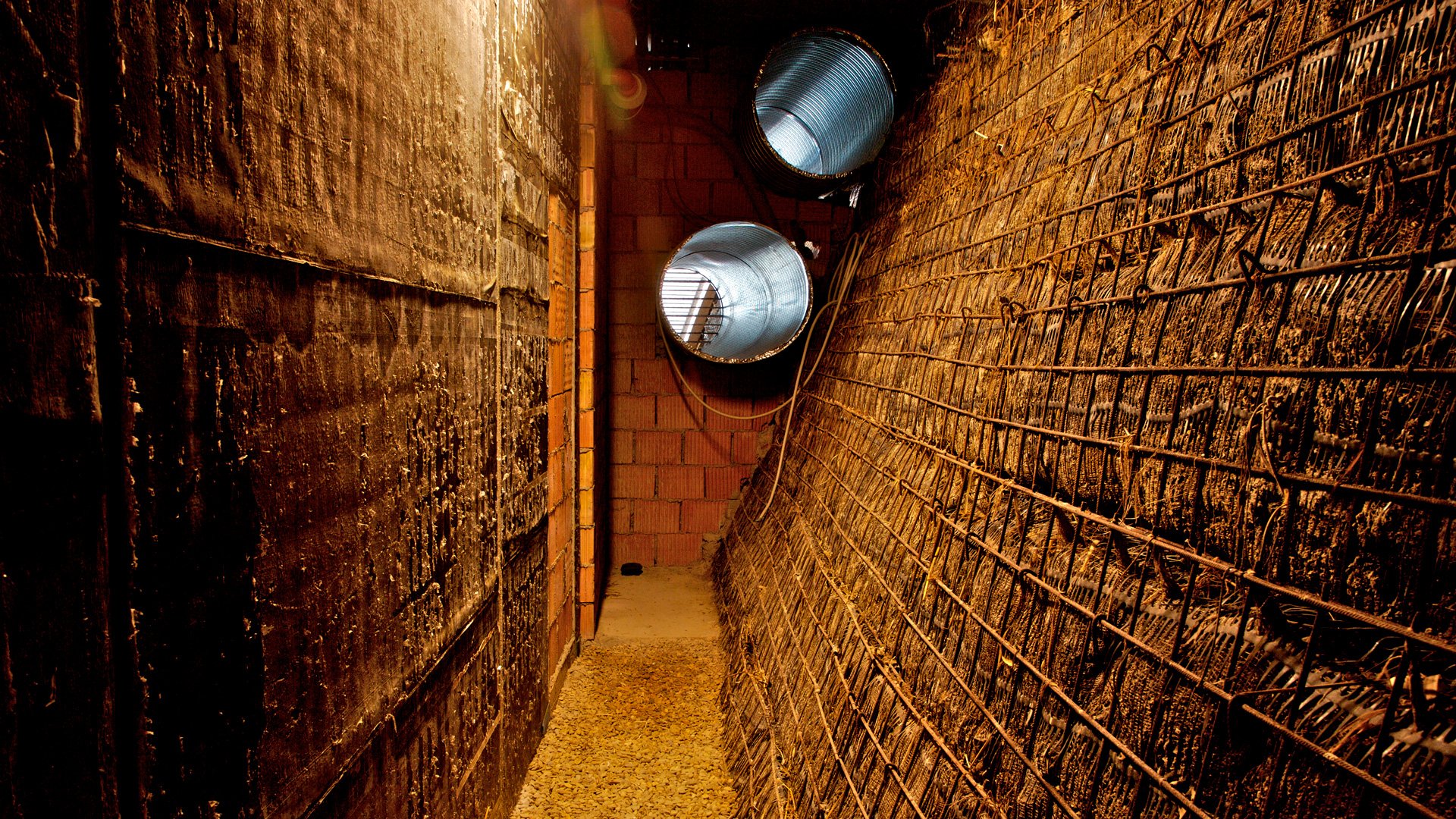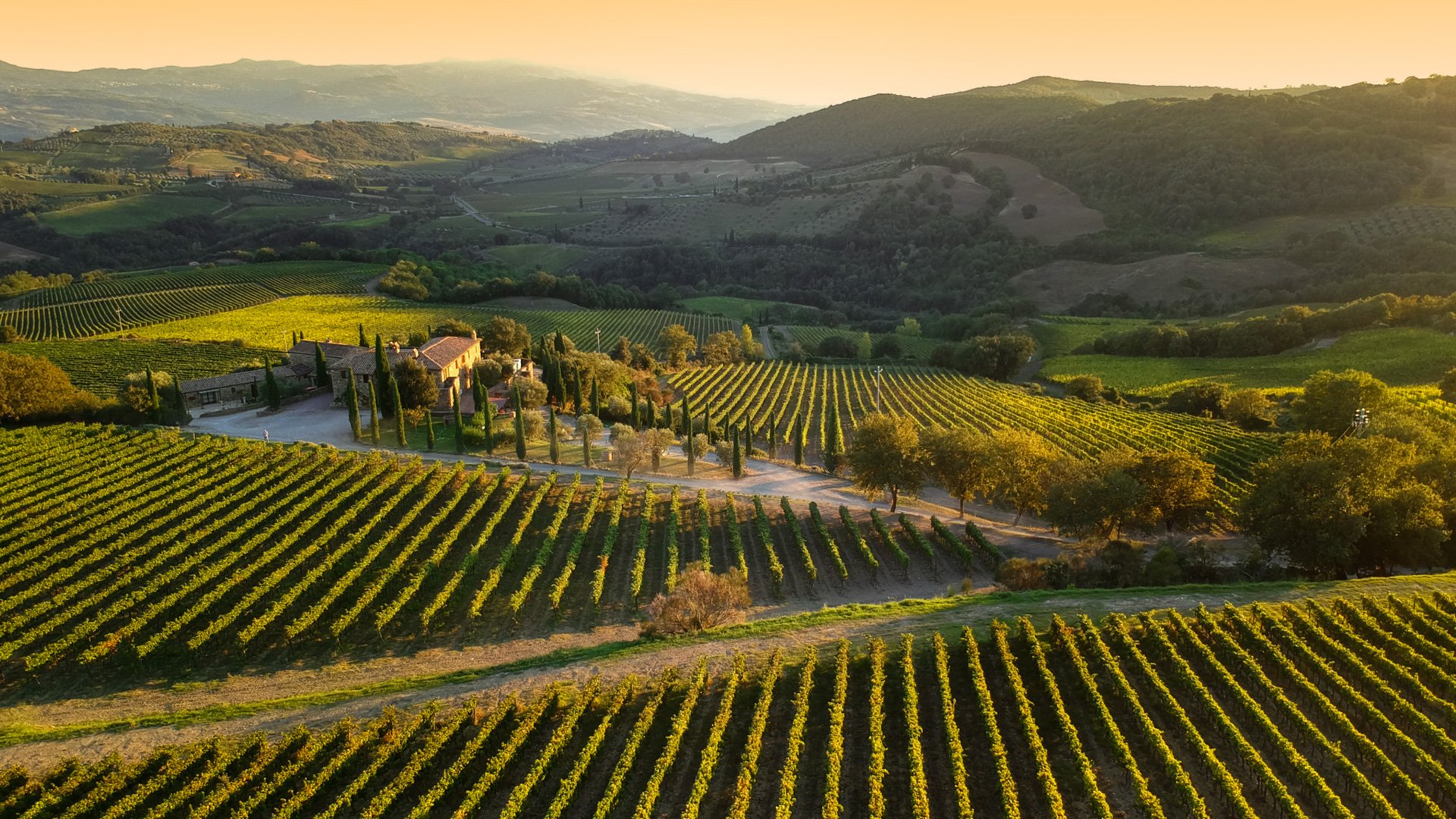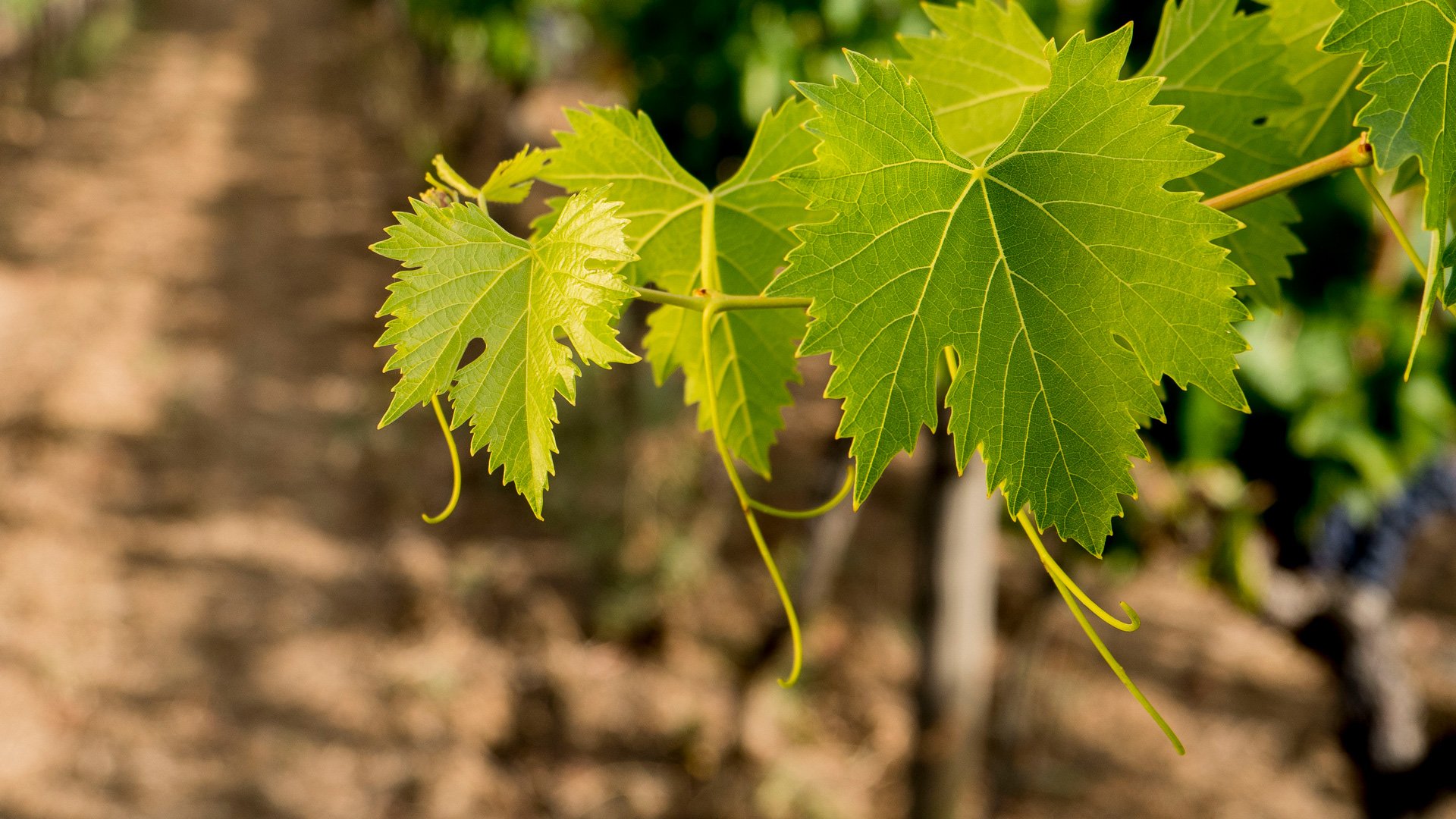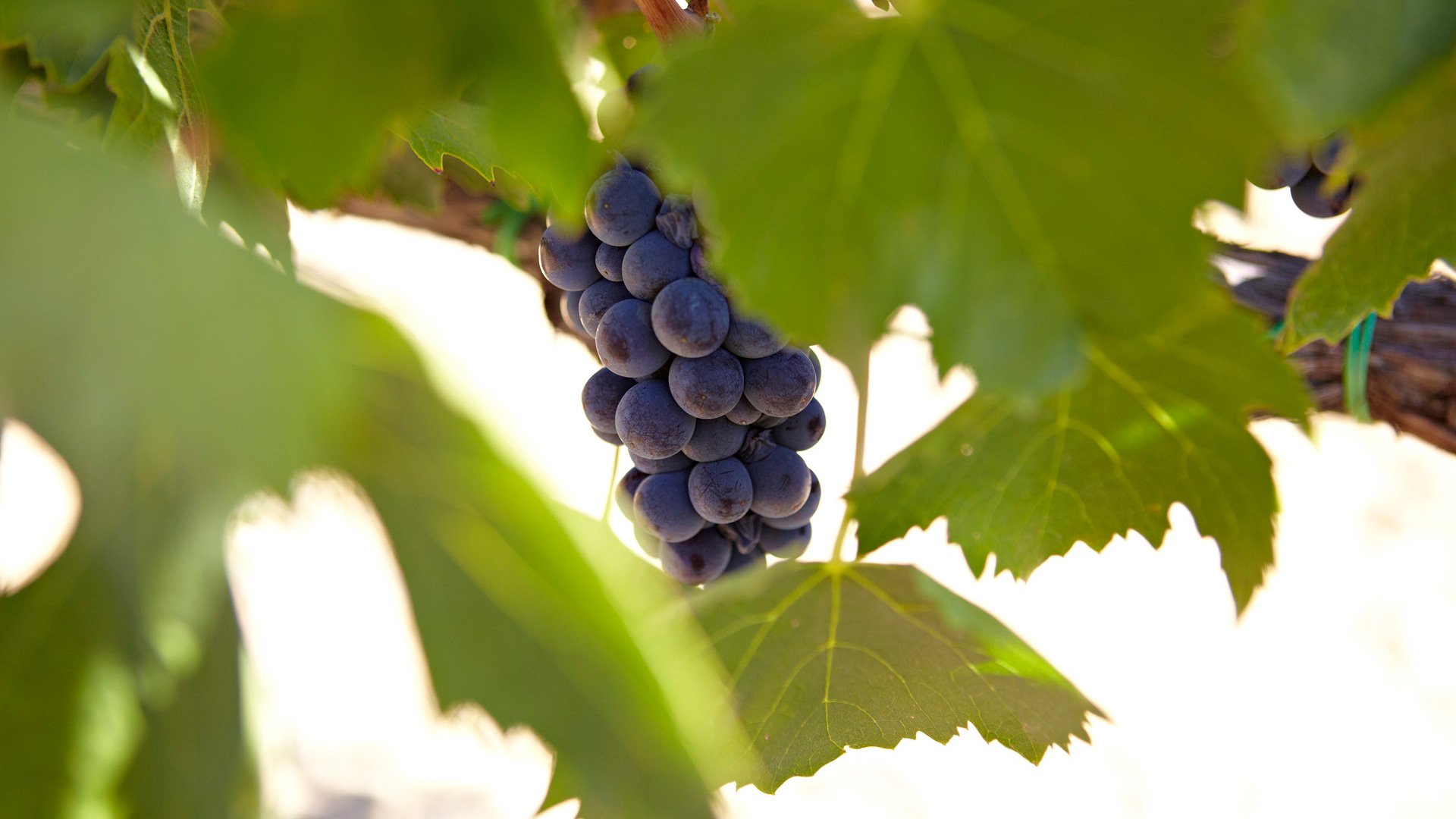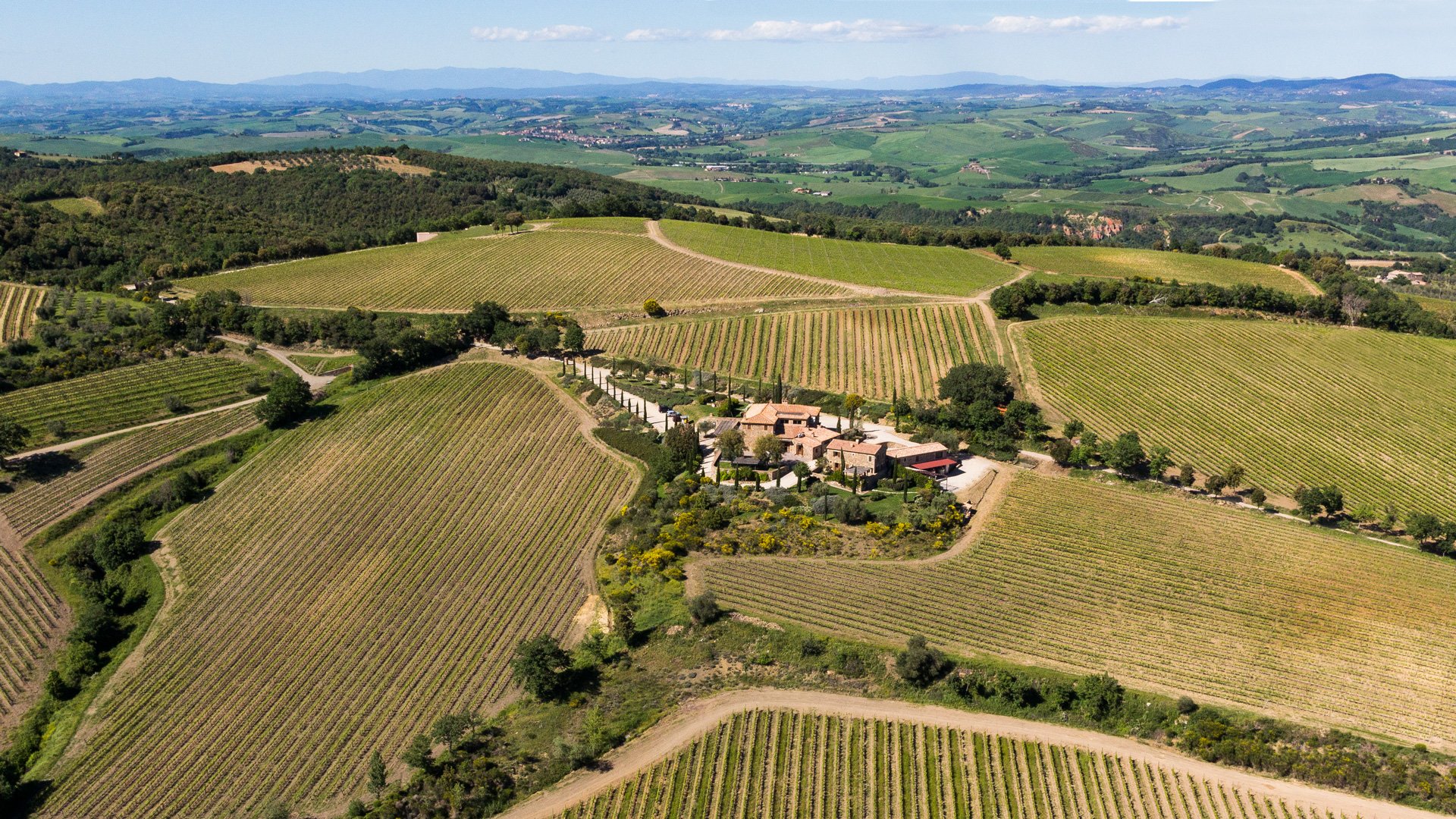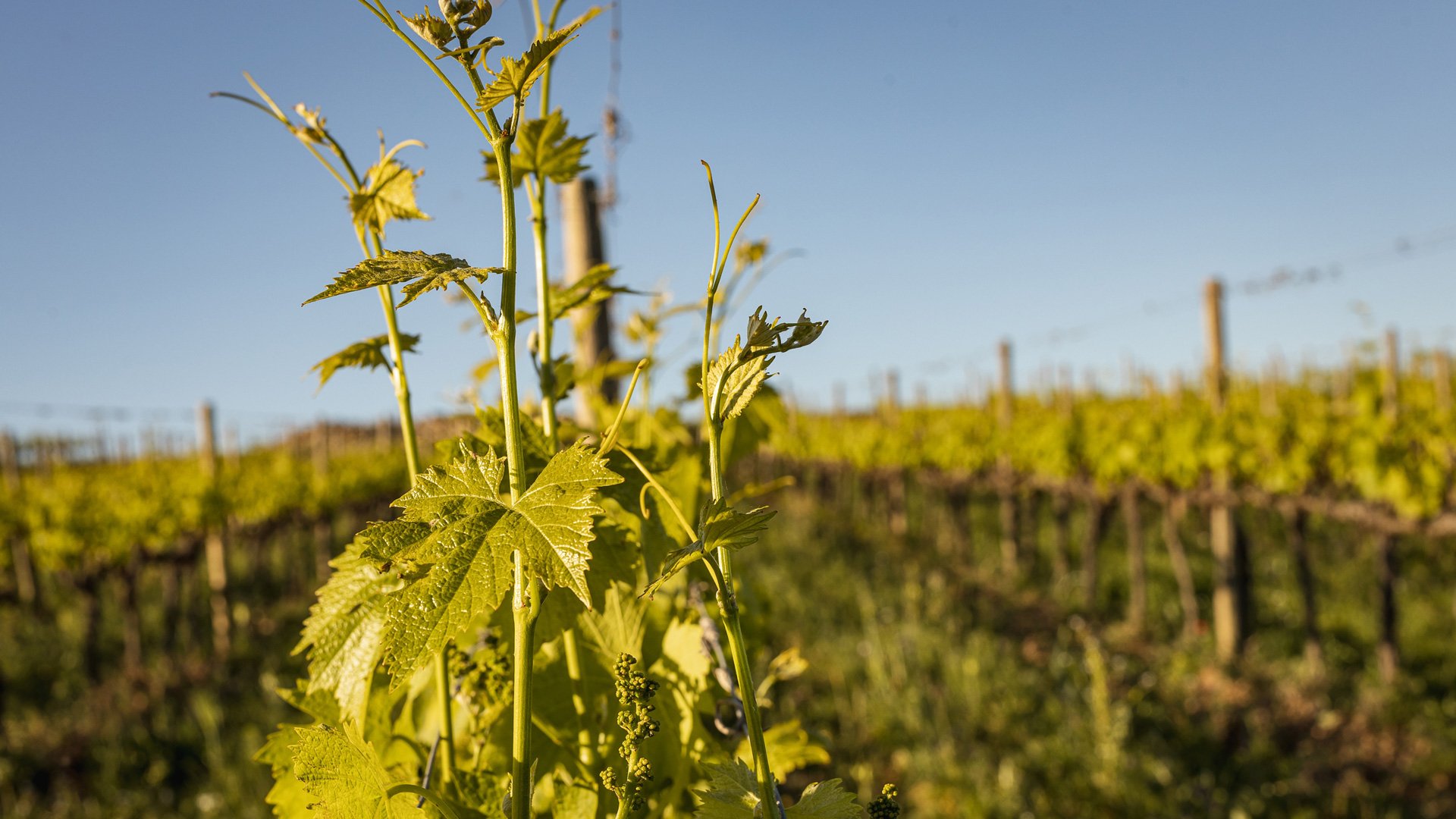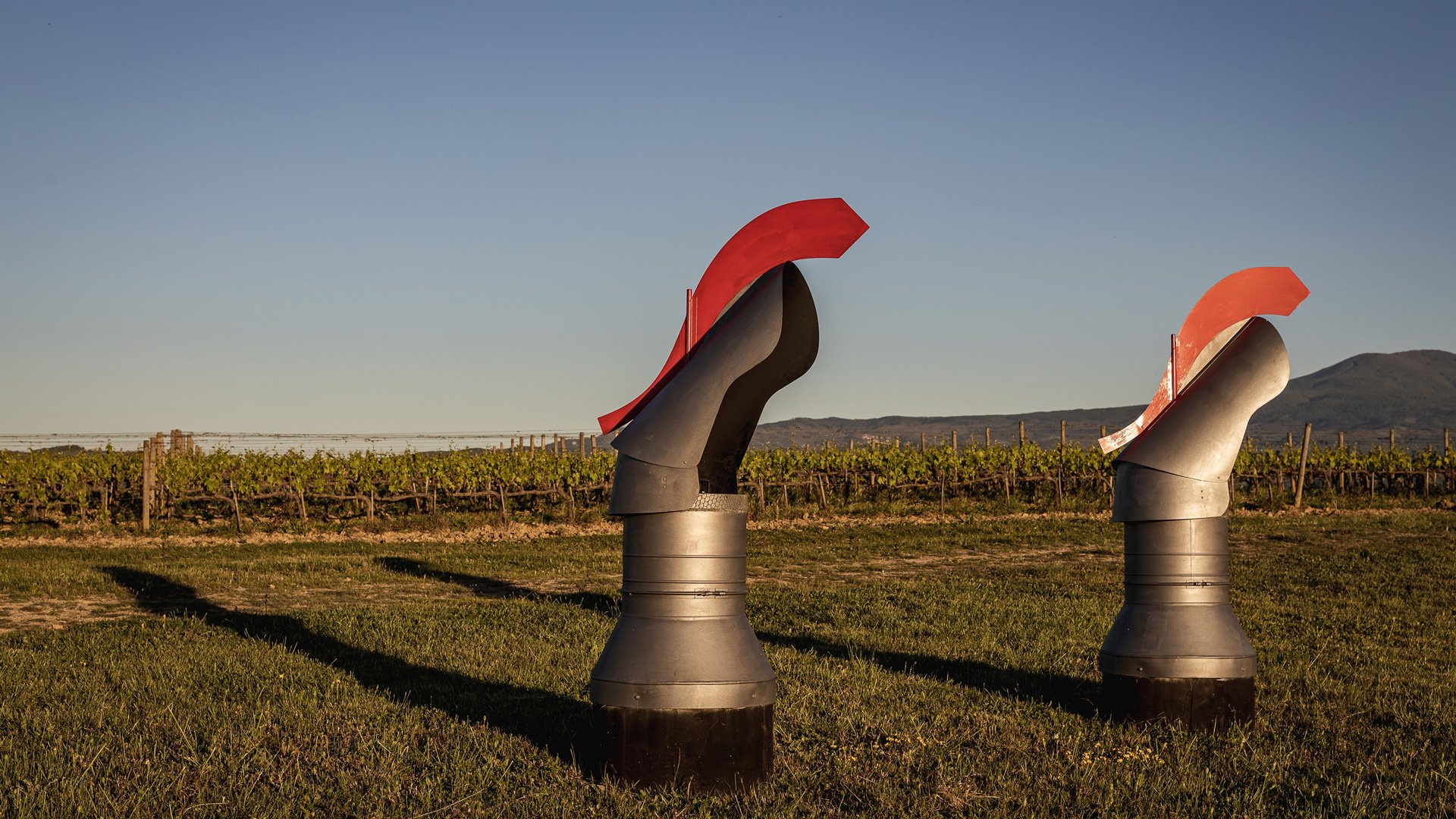Estate
Family Passion
In Tuscany, an instinctive passion for wine and a deep respect for the environment come together in perfect harmony.
It's a story that's still unfolding.
Marilisa Allegrini, the first Italian woman to appear on the cover of Wine Spectator and a Cavaliere del Lavorohonoree, leads a remarkable enterprise fueled by passion, foresight, and respect for nature. From her family’s estate in Valpolicella, Veneto, she ventured to Tuscany in 2001 to embark on an ambitious journey of diversifying production, alongside her daughters Carlotta and Caterina. San Polo proudly represents this vision, with its organic vineyards, certifications, and a state-of-the-art winery defined by bio-architecture, always looking toward the future.
San Polo embodies the harmonious union of exceptional winemaking, sustainability, and innovation. Located in one of Tuscany’s most enchanting areas, the estate has forged a deep-rooted connection with its terroir, with each harvest reflecting the beauty and complexity of the land.
But the true beating heart of this place is its passionate and highly skilled team, united by a shared commitment to honor the authenticity of the territory and showcase the finest expression of its wines.
Once upon a time
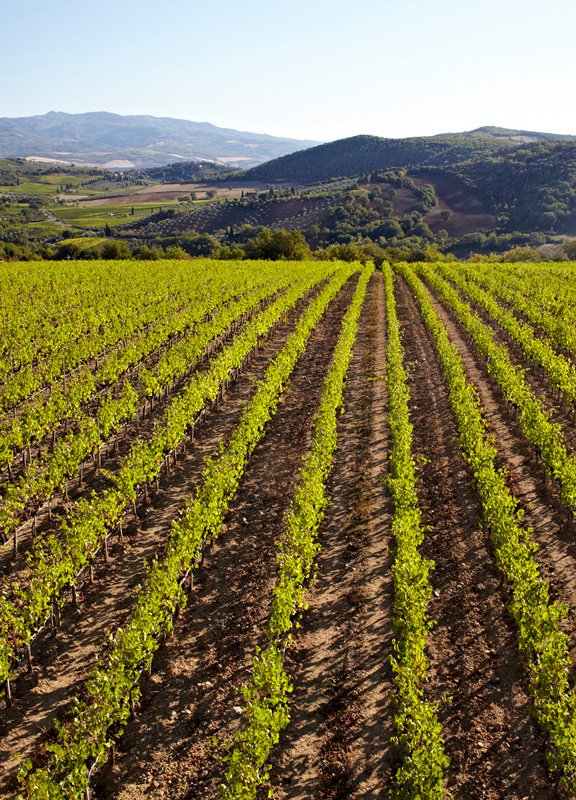
The first vines were planted with a density of 4000 per hectare (1619 vines per acre).
Read more
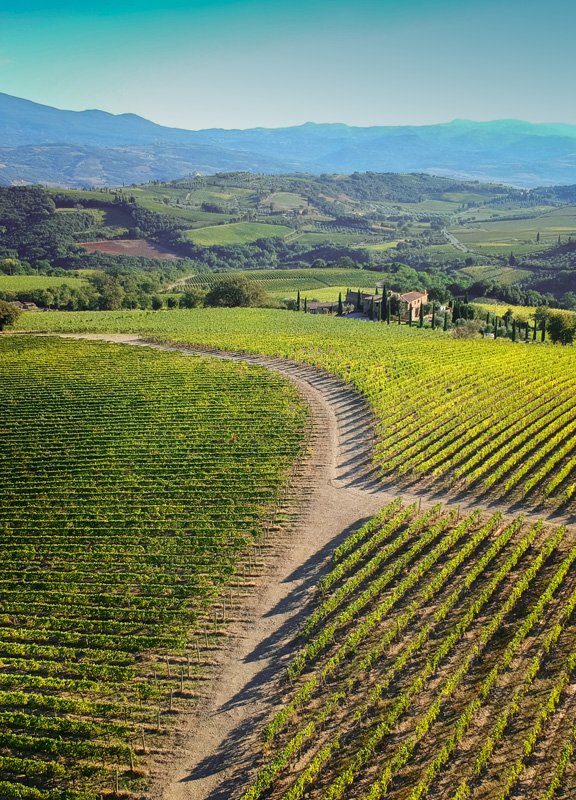
New vines are planted with a density of up to 7000 vines per hectare (2834 vines per acre).
Read more
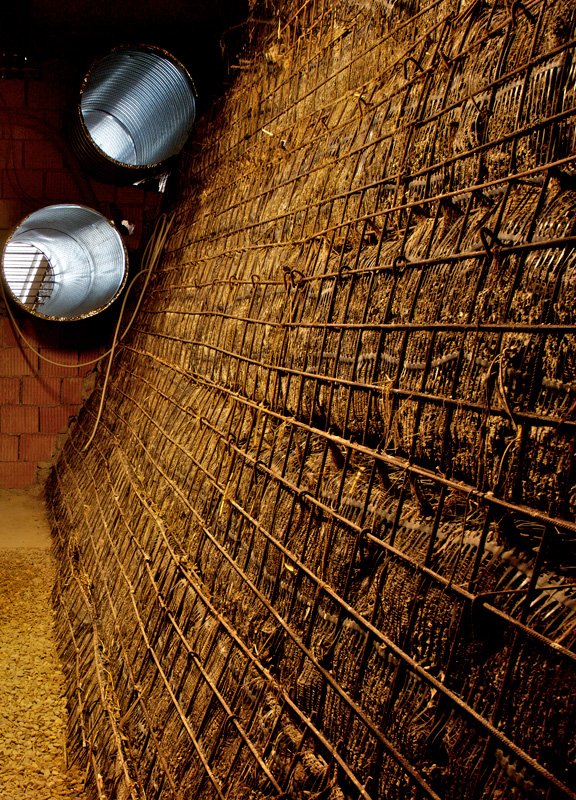
San Polo’s wine cellar was built according to the principles of sustainable architecture, in order to process the grapes arriving from vineyards managed by the principles of sustainable viticulture.
Read more
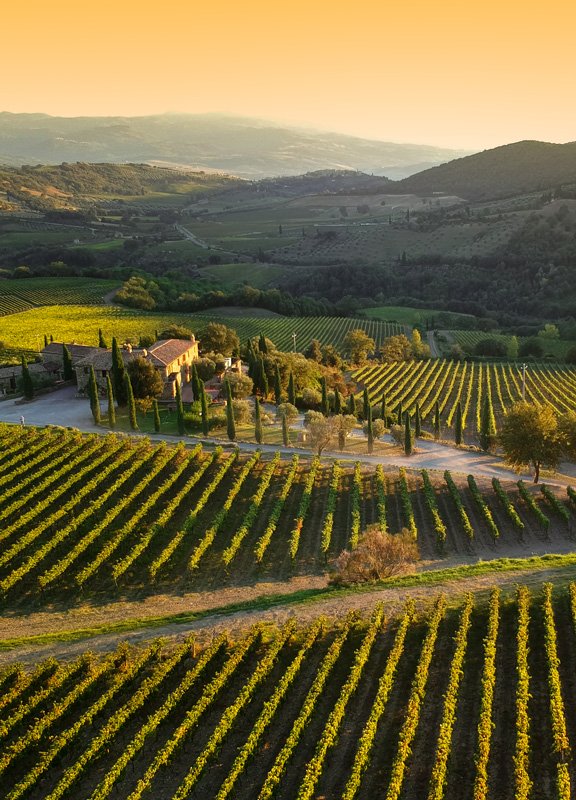
Marilisa Allegrini purchases San Polo. Today her daughters Carlotta and Caterina Mastella Allegrini are also owners.
Read more
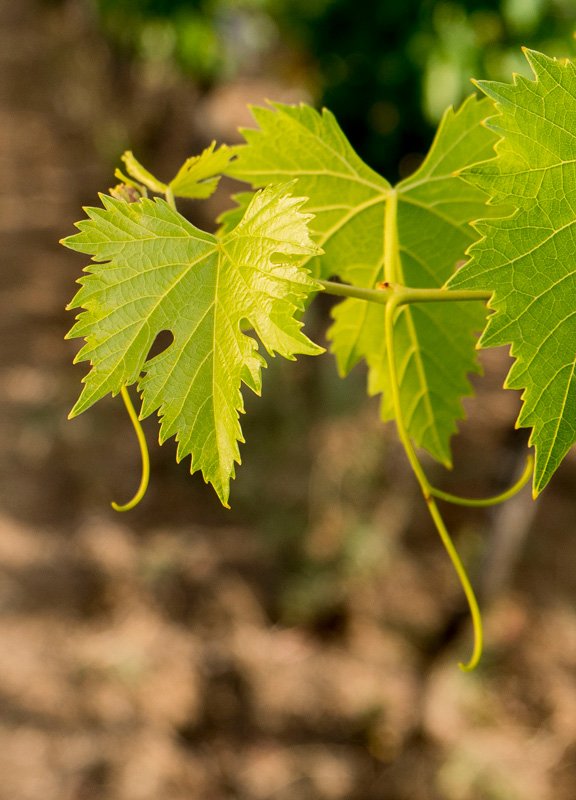
The San Polo winery is awarded the CasaClima Wine Certification.
Read more
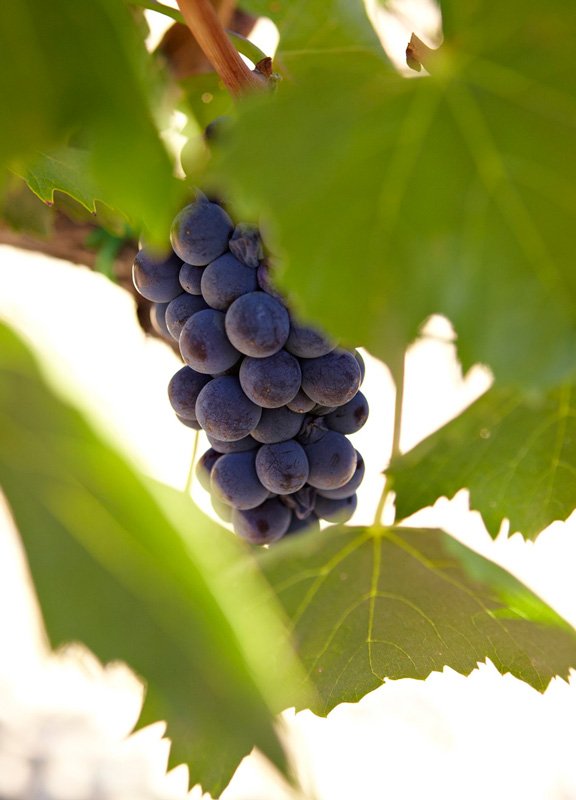
San Polo begins to follow organic protocol in the vineyard.
Read more
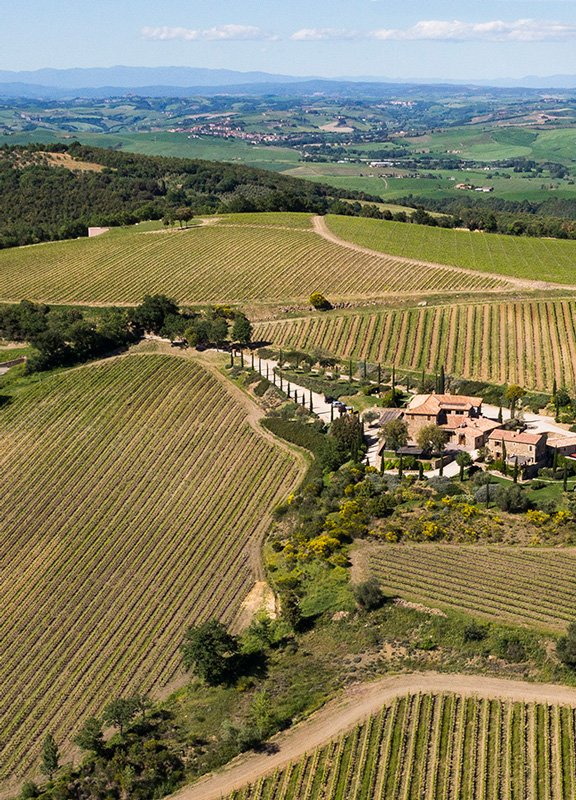
San Polo begins managing each single vineyard separately in order to maximise and showcase the characteristics of each of the estate’s different plots.
Read more
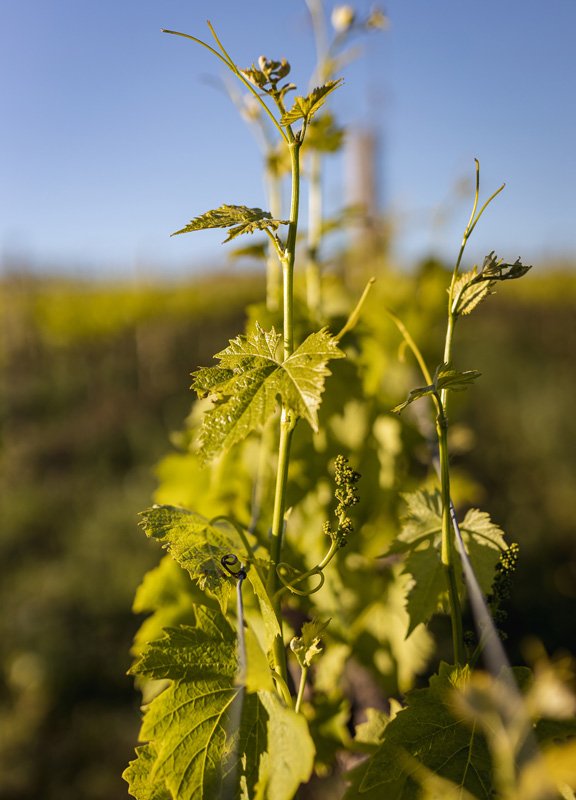
San Polo officially receives organic certification.
Read more
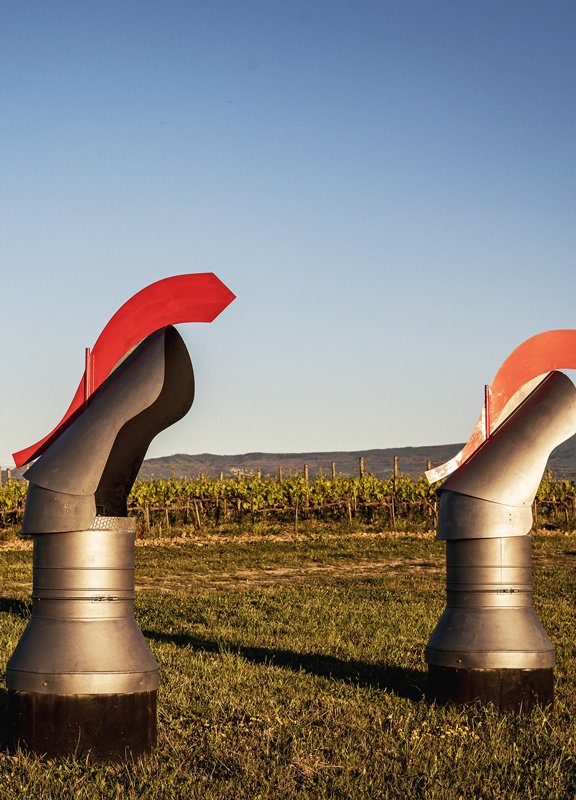
San Polo is an environmentally friendly and dynamic company, evidenced by the avant-garde cellar designed according to the principles of sustainable architecture.
Read more
